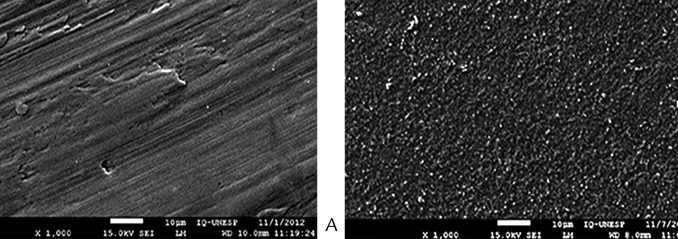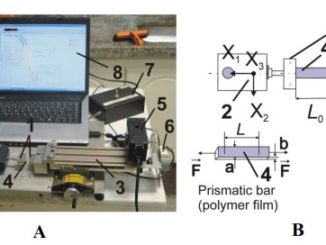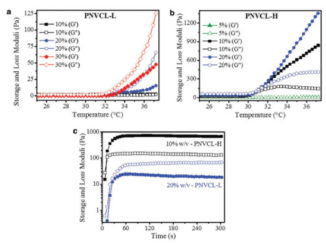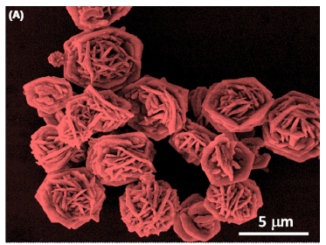
Effects of defects, grain size, and thickness on the optical properties of BaTiO3 thin films
Abstract
Statement of problem
Peri-implantitis is considered the most important biological complication responsible for late implant failure. The physical chemical properties intrinsic to each material can affect the first step to biofilm development and is an important precursor to the adaptive behavior of pathogenic bacteria species.
Purpose: The purpose of this in vitro study was to evaluate the effect of 2 commercially available implant abutment materials on the adhesion phase and biofilm formation.
Material and methods: Disks (8 mm in diameter, 2 mm thick) of machined pure titanium (Ti) and yttrium-stabilized zirconia (ZrO2) materials were used to mimic implant abutments. The physical chemical surface properties were investigated using different approaches. Initial adherent bacteria and biofilm formation were evaluated after 16 and 48 hours by incubating the disks in a rich medium containing representative saliva-derived oral microbial community. Unpaired t test, 2 tailed, was used to compare the groups.
Results: Ti presented lower hydrophobicity and surface free energy values than the ZrO2, and 6.1-fold fewer bacteria adhered to the Ti. After 48 hours, detailed quantitative analysis showed that biofilm biomass and biofilm density were lower on the Ti disks than on ZrO2. The quantity of phylotypes on the Ti and ZrO2 surfaces was relatively similar during the attachment and early biofilm formation periods.
Conclusions: Although no difference in the bacteria profile was observed between both materials independent of the time point, the highest level of colonization was on ZrO2.
Author(s): Clabel H, J. L.; Rivera, V. A. G.; Nogueira, I. C.; et al.
Journal of Luminescence
Volume: 192 Pages: 969-974 Published: 2017
DOI: https://doi.org/10.1016/j.prosdent.2017.01.010




